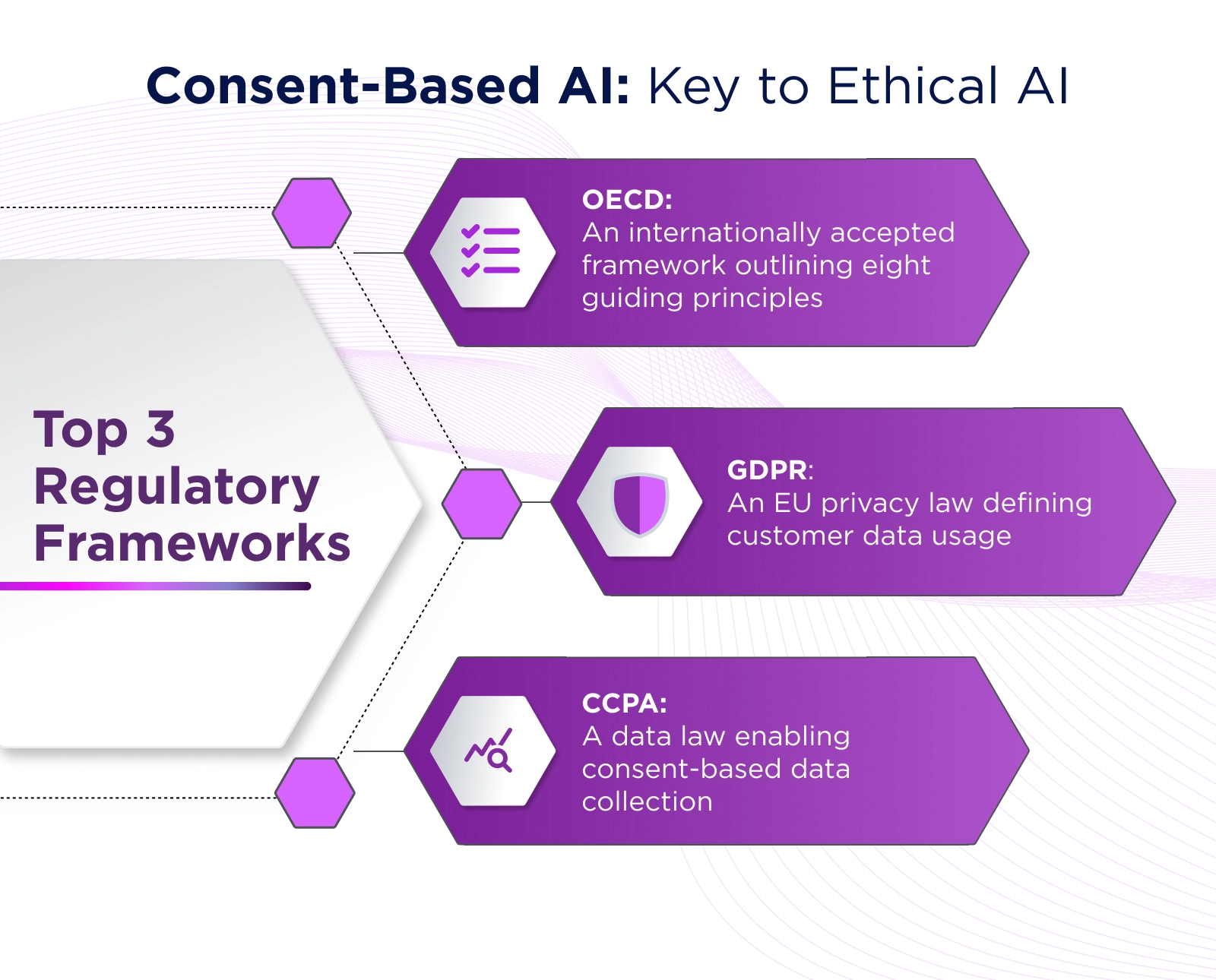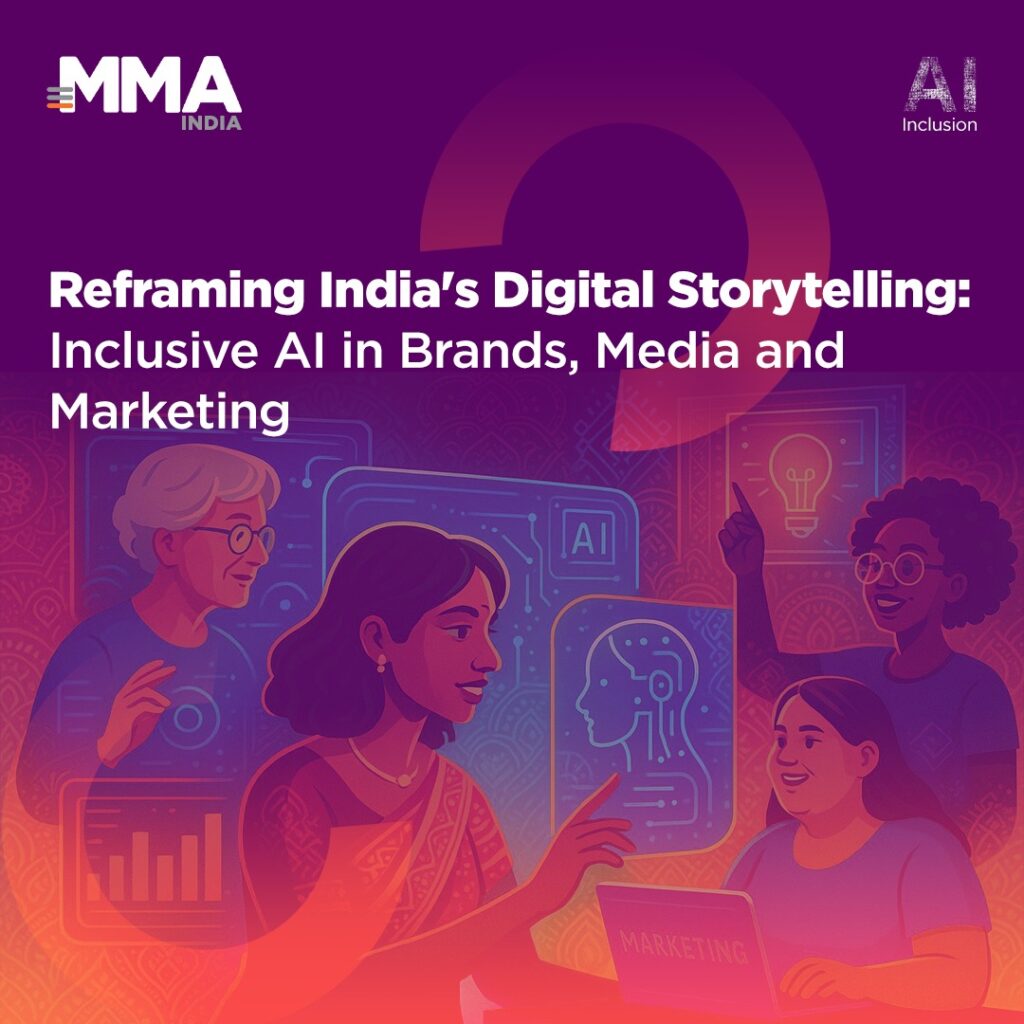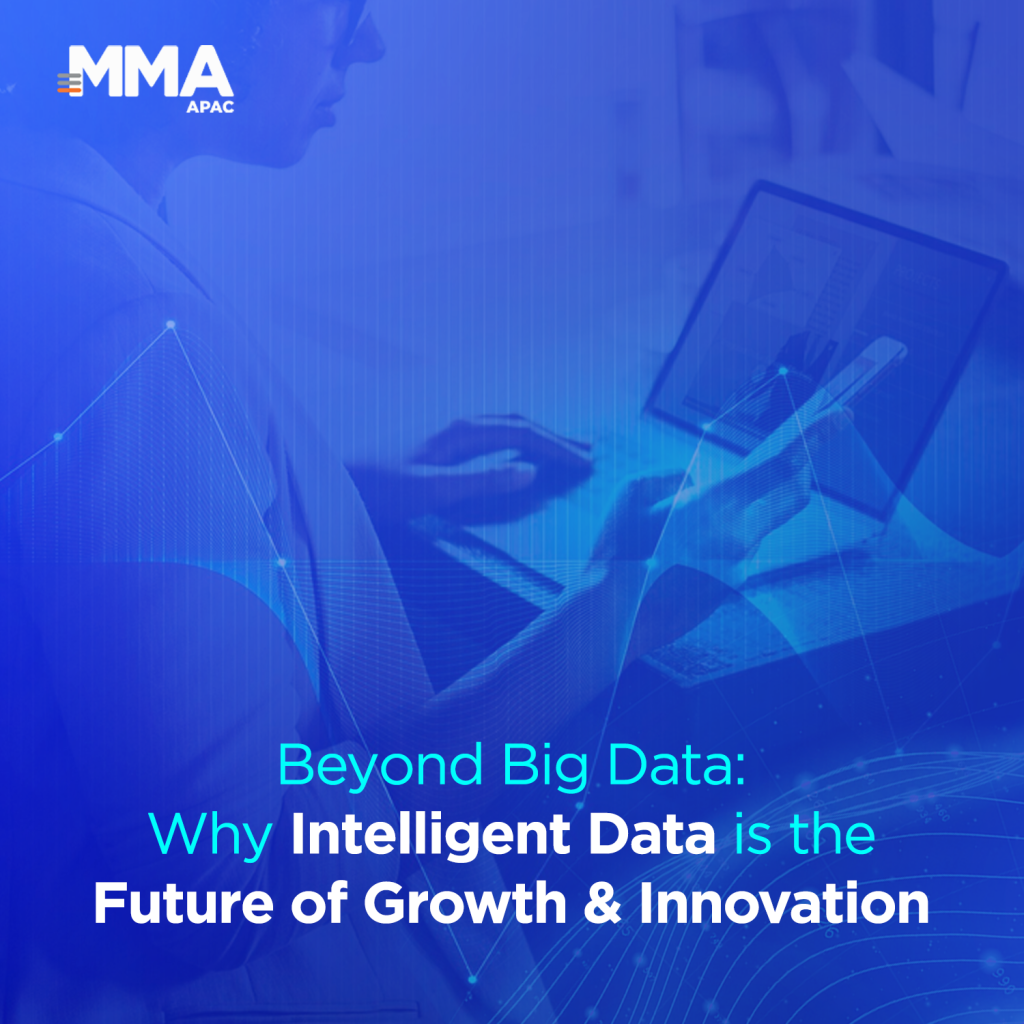AI is transforming how marketers generate insights, make data-driven decisions, and reach their audiences. From hyper-personalization to AI-powered chatbots and predicting the next moves to content generation, AI has moved from simple automation to a more integrated approach enabling marketers to understand their consumers and deliver experiences in a way that has never been done before.
However, the wealth of data generated can also intrude on consumer privacy, threatening consumer confidence and trust in the brand. It raises questions about the potential use of AI in an ethical and brand safe manner. Incidents of inaccurate, offensive, or biased responses have been reported. While on one hand, marketers and advertisers need data to create personalized campaigns, on the other hand, it is their responsibility to protect sensitive consumer information. This article delves into the role of consent and governance in AI-powered marketing and how marketers can overcome the conundrum.
How is AI keeping pace with ethical considerations?
Privacy is a fundamental human right. Hence, to collect data from consumers, it’s vital for businesses to get their consent. This will help to build trust with consumers, and it will also help to ensure that the business is compliant with data privacy laws.
Here’s how AI can be a threat if it is not utilized correctly:
1. Anthropomorphic interfaces
From “Hey Siri, what’s the weather like today?” to “Hey Google, take me to the nearest coffee shop,” our lives increasingly depend on AI devices. Humans have come to interact with these devices and grown comfortable with their usage.
However, this also means people can share sensitive or personal information with these home devices or other AI devices, leading to exposure to sensitive information as all of our conversations are recorded and transmitted to the cloud. Besides, these devices can only start recording once the wake word—the word used to initiate AI devices to start listening and recording—is mentioned. But the policies don’t clearly mention what happens when home devices incorrectly identify the wake word, leading to the breach of sensitive and confidential conversations.
2. Assumption and biases
Biases in AI can come from the data fed into its system. For instance, AI is prominently used in the hiring process to make it efficient and faster. However, when training AI, it can pick up biases such as gender, confirmation, and other biases, which could result in poor decision-making, unfair judgment, and misleading results. For instance, Amazon’s AI recruiting tool generated gender-biased results by preferring male candidates over female. That’s because the tool was trained using the past 10-years resumes which were dominated by male candidates. As a result, the tool taught itself to consider male candidates and penalized female candidates. However, corrective actions were taken by Amazon to remediate the situation by ceasing its usage.
4. Adaptive algorithms
Finally, the adaptive algorithm in AI allows it to adapt to changes continually, but it can also pose the question of who is responsible for AI’s responses. Also referred to as the black box, a place between data input and output, where decisions are formed remains a mystery.
These are only a few instances where AI can breach consumers’ privacy or produce distressing responses or suggestions.
Consent-Based AI: Key to Ethical AI
 AI is still evolving. As the role of AI becomes more ingrained in our lives and its capabilities expand, the use of AI, the data it collects, and how it processes them will evolve. Although, there are guardrails that marketers must adhere to ensure consent-based data collection.
AI is still evolving. As the role of AI becomes more ingrained in our lives and its capabilities expand, the use of AI, the data it collects, and how it processes them will evolve. Although, there are guardrails that marketers must adhere to ensure consent-based data collection.
One of the first and foremost standards marketers must issue is keeping consumer data usage transparent. Knowing how their data will be used, consumers will feel more confident in sharing it. About 44% of consumers say they’re open to recommendations powered by AI, but say it depends on the company. It speaks volumes to the importance of building trust with consumers.
Other ways include anonymizing data. This process removes or encrypts personally identifiable information (PII), such as names, home/office addresses, and social security numbers, to retain consumer information but remove anything that can be identified.
And finally, privacy frameworks and laws and regulations help marketers adhere to consent-based marketing while utilizing data for personalizing marketing.
Some of these include:
- OECD privacy framework
The Organization for Economic Cooperation and Development (OECD) is an Internationally accepted framework that outlines eight principles: collection limitation, data quality, individual participation, purpose specification, use limitation, security safeguards, openness, and accountability.
- GDPR
General Data Protection Regulation (GDPR) is an EU data protection and privacy law. It applies to every business that processes information about people in the EU or provides them with goods or services. It is one of the most stringent laws and has seven key principles, some of which are lawfulness for processing, conditions for consent, principles relating to personal data, and more.
- CCPA
California Consumer Privacy Act of 2018 (CCPA) is another data protection and privacy law that puts the ball in consumers’ court and allows them to decide which data they want to share. Like GDPR, this law applies to all businesses dealing with California’s consumers’ data. Some key principles are that consumers have the right to know about the information collected from them, can delete personal or sensitive information shared, can opt in or out, and have the right to non-discrimination for exercising their CCPA rights.
This is only the tip of the iceberg. Marketers need to adhere to many such frameworks and policies when collecting consumer information.
Final words
Data is the core of all marketing initiatives. However, with the growing number of touchpoints and increasing data being collected, the onus is on marketers to protect and respect consumer privacy, consider ethical and consent-based ways of collecting data, and ensure fairness. This helps the business maintain trust with consumers and ensure loyalty and sustainability of personalized marketing.




















